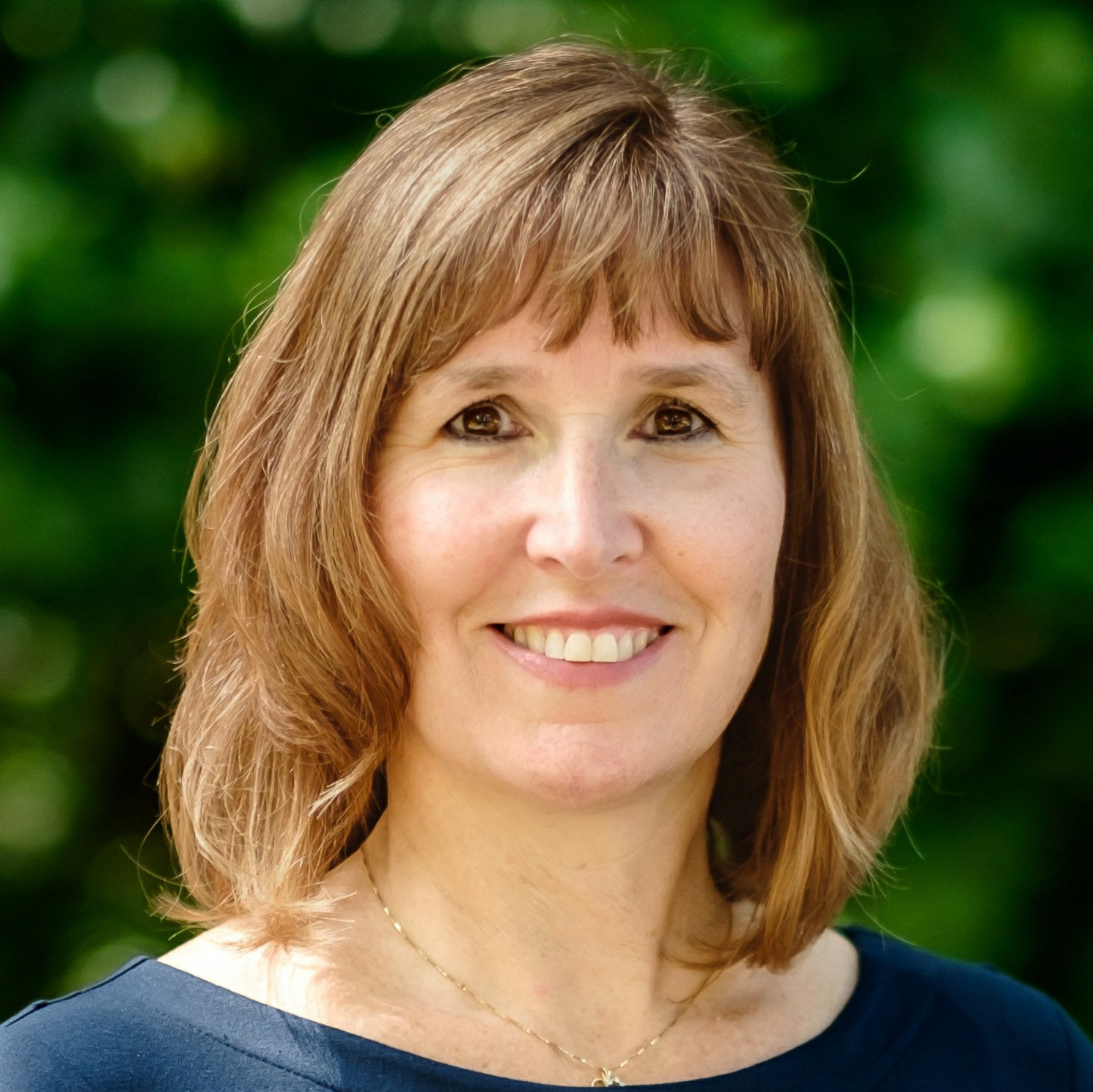McGaw introduces 'human composting' bill
Natural organic reduction process already legal in New York and five other states
While Tiverton residents try to prevent the construction of a crematorium in the North End, Rep. Michelle McGaw has introduced legislation that would give those at the end of life a more …
This item is available in full to subscribers.
Please log in to continue |
Register to post eventsIf you'd like to post an event to our calendar, you can create a free account by clicking here. Note that free accounts do not have access to our subscriber-only content. |
Day pass subscribers
Are you a day pass subscriber who needs to log in? Click here to continue.
McGaw introduces 'human composting' bill
Natural organic reduction process already legal in New York and five other states
While Tiverton residents try to prevent the construction of a crematorium in the North End, Rep. Michelle McGaw has introduced legislation that would give those at the end of life a more environmentally friendly option for their remains, instead of cremation or burial.
Natural organic reduction, sometimes referred to as “human composting,” would be legislated if her proposal passes General Assembly review and is signed by the governor.
“Not everyone is comfortable with the impact of burial, which occupies land, or cremation, which emits a significant amount of carbon,” said Rep. McGaw (D-Dist. 71), who represents Portsmouth, Tiverton and Little Compton.
"Natural organic reduction is a greener alternative that may be preferable for those concerned about how their final wishes affect the planet. I have constituents who would like to have this option available, so I introduced this bill to start the conversation about whether and how to offer this possibility in Rhode Island.”
Natural organic reduction is performed indoors in specialized facilities equipped with vessels in which remains are placed along with organic matter that helps speed the natural decomposition process. The chambers keep the vessels warm, between 130 to 160 degrees, and the contents are “blended” regularly over the course of four to seven weeks. The result is about a cubic yard of nutrient-dense soil.
Washington state legalized the practice in 2019, and since then five more states, including New York, have followed suit.
Rep. McGaw’s legislation establishes laws for the creation and operation of natural organic reduction facilities in Rhode Island, which would be licensed and regulated by the Department of Health.
Under the bill as written, once the process is complete, the resulting material would need to be scattered in a cemetery in a designated garden or area there, placed in a grave, crypt or niche, or retrieved by the family of the deceased.
She said the process is designed to reduce the impact on the earth, compared to burial or cremation. Burial involves occupying land and uses resources involved in caskets, grave liners and gravestones. Cremation requires the burning of fossil fuel and results in average of 534 pounds of carbon in the atmosphere per cremation — the equivalent of driving a car 500 miles, she noted.
Rep. McGaw said she expects the bill will undergo changes during legislative review, and that she introduced it as a start to the conversation – albeit one that, like many matters concerning death, may make some people uncomfortable. But others will find comfort in the prospect of going to their final resting place as part of the earth, helping to support life in the future, she said.
“For people who have respected the earth and tried to lighten their impact on it in life, it makes sense to also want to take the greenest, most environmentally beneficial route in death. This is an option that we should work to make available here in Rhode Island, for our people and for our planet."






